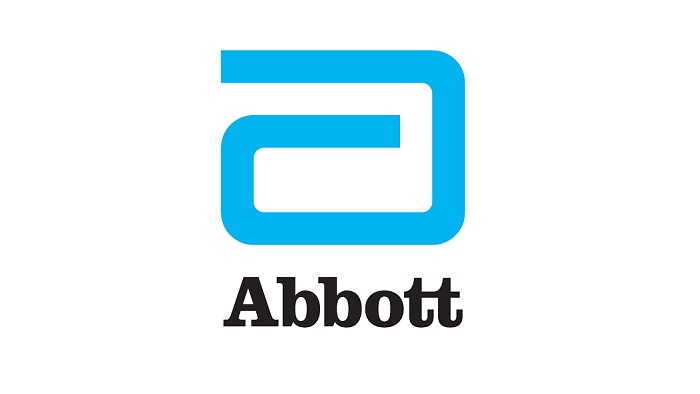Abbott announced it has received CE Mark for its latest-generation transcatheter aortic valve implantation (TAVI) system, Navitor™, making the minimally invasive device available for people in Europe with severe aortic stenosis who are at high or extreme surgical risk. With the Navitor valve, the company is advancing TAVI (also referred to as TAVR, or transcatheter aortic valve replacement) therapies with innovations including a unique design to prevent blood leaking around the valve. Using Abbott’s industry-leading FlexNav™ delivery system, the Navitor TAVI system is the latest addition to the company’s comprehensive structural heart transcatheter portfolio that offers physicians and patients less invasive options to treat heart diseases.
Aortic stenosis restricts blood flow through the aortic heart valve to the rest of the body, which can lead to heart failure and, in certain cases, sudden cardiac death.1 For some people diagnosed with severe aortic stenosis, open-heart surgery is considered a high-risk procedure due to the potential complications stemming from age, frailty or having multiple other diseases or conditions.2 TAVI serves as a less invasive alternative to surgical aortic valve replacement and can reduce symptoms and improve the lives of patients with this debilitating condition.
“With an aging world population and with aortic stenosis cases projected to double in Europe and the U.S. in the next few decades, the need for innovative, minimally invasive solutions is critical,” said Lars Søndergaard, M.D., professor of Cardiology, Rigshospitalet, Copenhagen University Hospital in Denmark, who served as co-principal investigator for the global Navitor TAVI system clinical study. “While transcatheter valve replacement has for some time been a standard of care for patients with a narrowing of the aortic valve, Navitor helps to address challenges we sometimes find in current TAVI systems when we encounter complex patient anatomies that can lead to potential complications.”
Navitor features a unique fabric cuff (NaviSeal™) that works with the cardiac cycle to reduce or eliminate a backflow of blood around the valve frame known as paravalvular leak (PVL), a common complication following TAVI procedures. The new device is the only self-expanding TAVI system with intra-annular (within the native valve) leaflets and large frame cells – features designed to help improve access to critical coronary arteries to facilitate future interventions to treat coronary artery disease (CAD). The new design additionally provides improved hemodynamics, or better blood flow.
The Navitor device is implanted with Abbott’s FlexNav delivery system, which received CE Mark in 2020 and offers a slim design with the lowest TAVI delivery system profile, allowing treatment of people with vessels as small as 5.0 mm. The slim catheter can accommodate different aortic anatomies for stable, predictable and accurate valve delivery and placement.
“The innovative design of the Navitor valve paired with the FlexNav delivery system streamlines and simplifies TAVI procedures for physicians, enabling better valve placement and performance for patients so they can get back to living fuller, healthier lives,” said Michael Dale, senior vice president of Abbott’s structural heart business. “This approval strengthens our structural heart portfolio of minimally invasive offerings by providing new options and improvements to treat a life-threatening heart condition.”
About Abbott:
Abbott is a global healthcare leader that helps people live more fully at all stages of life. Our portfolio of life-changing technologies spans the spectrum of healthcare, with leading businesses and products in diagnostics, medical devices, nutritionals and branded generic medicines. Our 109,000 colleagues serve people in more than 160 countries.


















